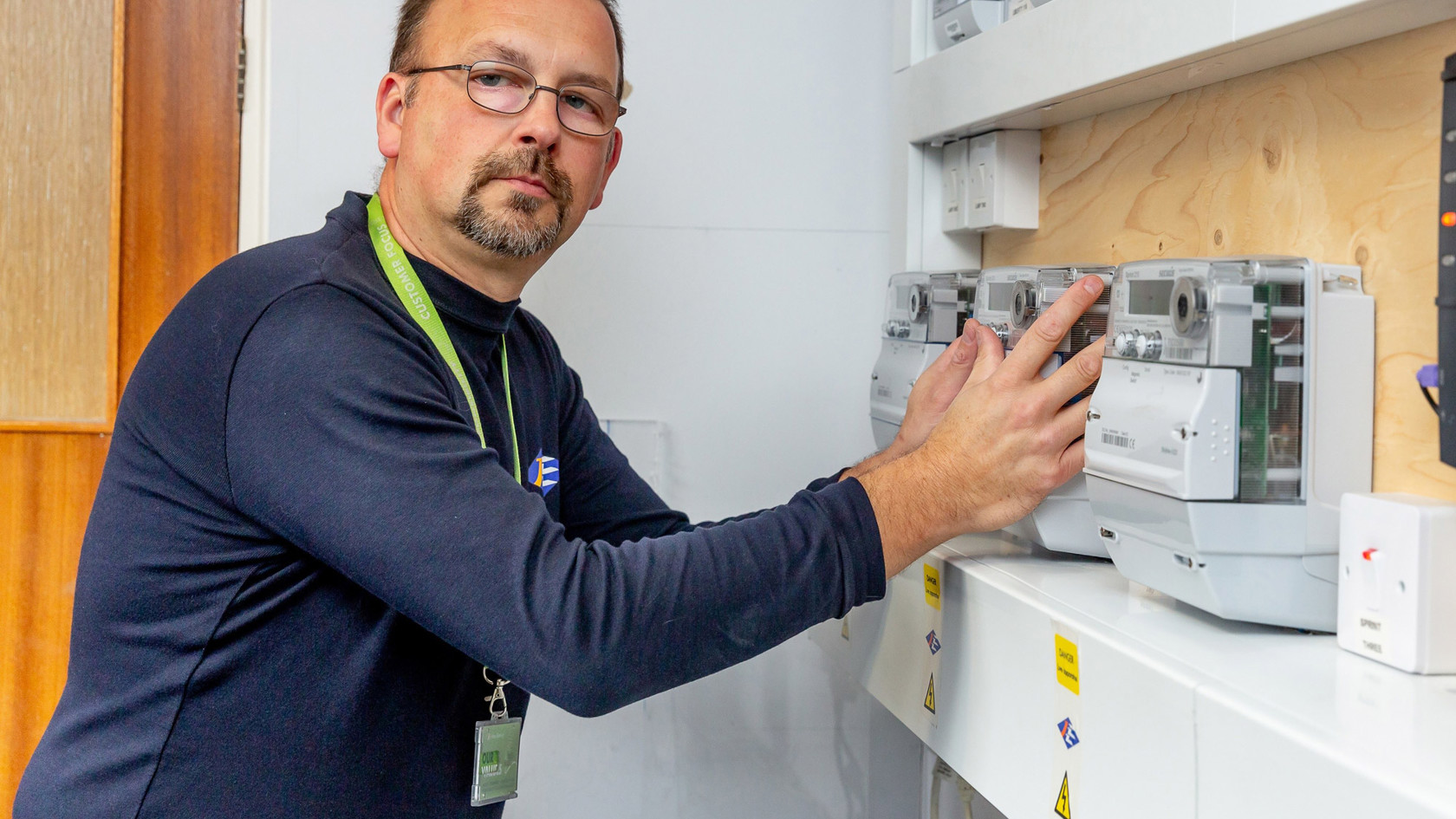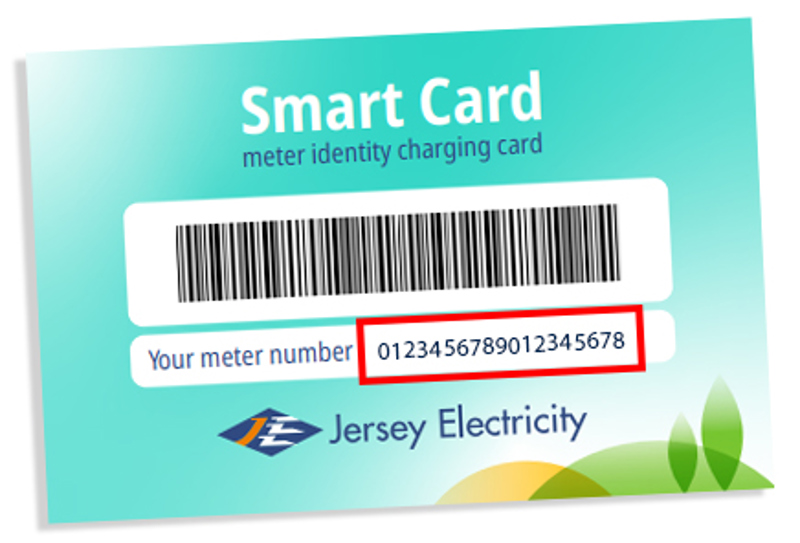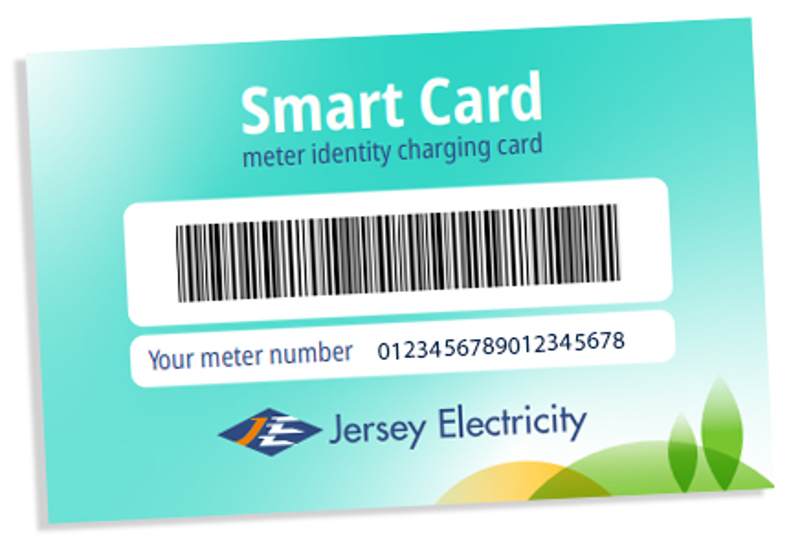Jersey has ‘outsmarted’ the rest of the British Isles by becoming the first jurisdiction to complete the rollout of Smart Meters. We have this week officially concluded our £10m SmartSwitch project which has seen the installation of the latest technology remote reading meters in around 51,000 premises across the Island.
The final phase of the six-year programme was the replacement of 4,300 Pay As You Go (PAYG) key meters. Began in February this year following a successful trial among 150 Andium tenants, we accelerated the PAYG programme with the onset of the COVID-19 pandemic to help vulnerable customers forced to self-isolate.
JE Head of Service Delivery David Powell explained: ‘PAYG Smart Meters enable our customers to top-up remotely. So friends and family of vulnerable customers can top up their meters for them without having to return to the house with a key. Also, for those with no support network, our Customer Care Team was able to top-up customers over the telephone.
Working through lockdown to help the vulnerable
‘From March, we put every Metering Technician we could on the rollout and prioritised the most vulnerable wherever they lived. Our Technicians all abided by stringent safety protocols to continue this essential work through the lockdown. We are now close to finalising an online PAYG payment scheme, which will be another first for Jersey and bring even more convenience for customers, especially if there is a second wave of Coronavirus and restrictions re-imposed.’
Fewer than 30 PAYG meters and around just 50 hard-to-access credit meters remain to be changed out. We will start removing the ageing key charging terminals that we can no longer support from next week. By the end of September, the only key charging terminal to remain will be at the Powerhouse, but by then all PAYG meters should be changed out.
Helping the integration of local renewables
Smart Meters are a precursor to a Smart Grid and the increasing digitalisation of energy systems and home energy, the integration of local renewables, micro-generation and time-of-use tariffs. Here in Jersey, Smart Meters have already brought benefits to customers. Including:
- An end to the inconvenience of meter readers calling
- The elimination of around 8,000 estimated readings a year
- An end to pro-rata billing when tariffs change
- Bills on the same date each quarter, giving four equal billing periods
- Swift and remote change of tenancy with on-demand reads
- Swift and remote change of tariffs
- More information on energy use
SmartSwitch was a complex project, both technically and logistically. It involved the sourcing and manufacture of meters specifically designed to work with Jersey’s low carbon heating tariffs, the use Powerline Carriers (PLCs) to transfer data, an internal fibre network and Wide Area Networks which, when combined, make the biggest connected network in Jersey outside the telecoms industry.
A milestone for the Island
JE CEO Chris Ambler said: ‘The conclusion of this project is another milestone not only for JE but the Island as a whole. It is the foundation for the transformation of our energy system that will bring more control, comfort and convenience for customers and help Jersey on its journey to becoming zero carbon. I’m grateful to all the teams involved at JE and thank our customers who have embraced the new technology and co-operated with our teams.
‘When we began the rollout, our installers reported that customers seemed more concerned about Meter Readers losing their jobs. Well, I can assure them that none have. They have all either retired or been redeployed.’
In contrast to Jersey, where the meters and their installation have been free, the UK rollout has been beset by delays and increased costs. In December 2009 the Government announced that every home must be fitted with a Smart Meter by 2020 to help reduce energy use and develop a low-carbon Smart Grid. Last year it pushed back the deadline by four years until 2024, and the cost is set to rise to more than £13bn in total.






